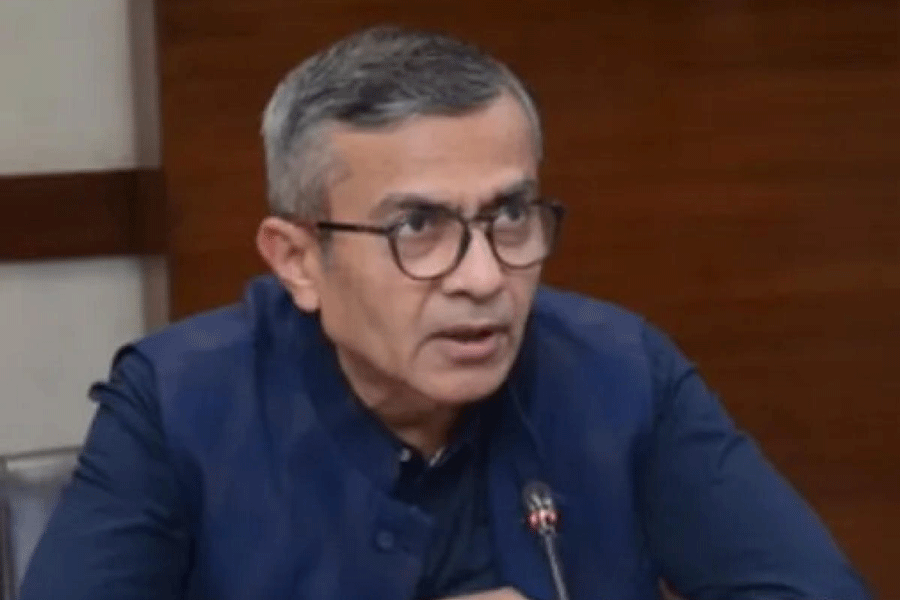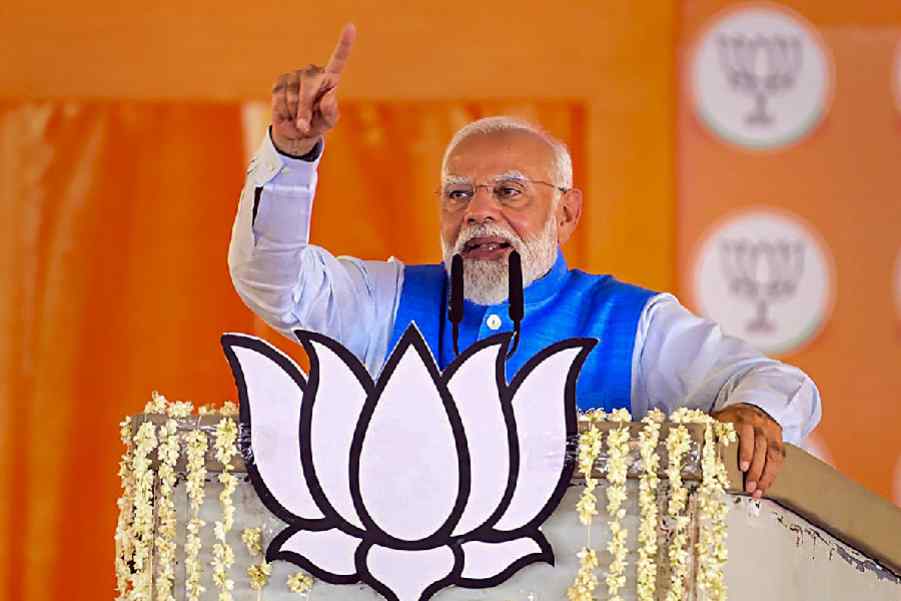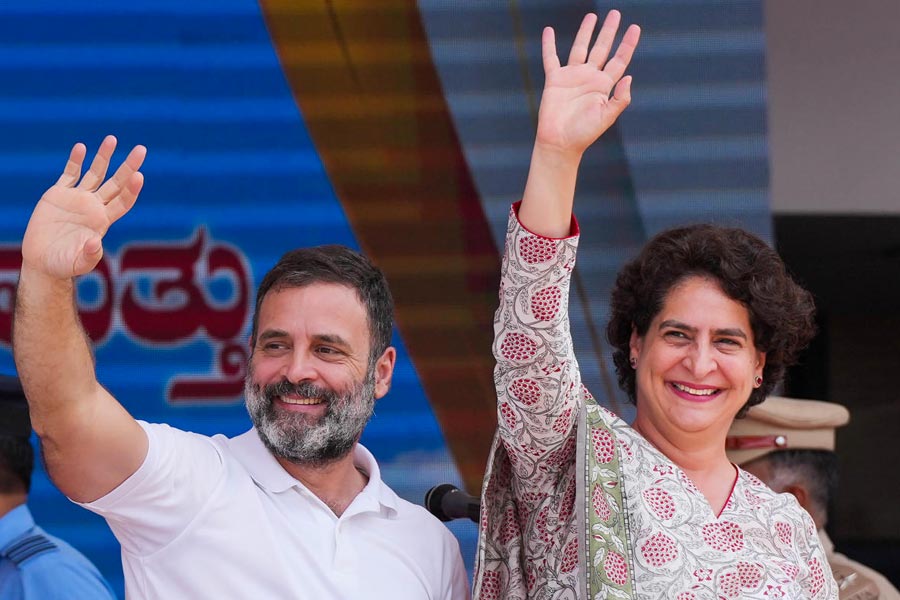India could ease its heightened scrutiny of Chinese investments if the two countries’ border remains peaceful, a senior Indian official said in the first signal that the four-year-old curbs could be lifted.
Border tensions, the biggest irritant to relations between the nuclear-armed Asian giants, have eased, which could lead to improved investment ties, top industrial policy bureaucrat Rajesh Kumar Singh told Reuters on Wednesday at the annual World Economic Forum meeting in Davos, Switzerland.
In 2020, India tightened scrutiny on investments from companies based in countries it borders, adding a layer of vetting and security clearances.
The move was widely seen as a retaliation for a clash between Chinese and Indian troops on their disputed, 3,800-km (2,400-mile) Himalayan frontier that killed at least 20 Indian and four Chinese soldiers, their worst military conflict in decades.
The curbs have disrupted billions of dollars of investments between the world’s two most-populous countries, halting planned projects, including from Chinese auto makers BYD and Great Wall Motor.
The investment rules “could change once our relationship there stabilises because I think the border issues that we’ve had — the border has stabilised”, Singh, secretary at the Department for Promotion of Industry and Internal Trade, said in an interview.
“On the investment side also, if things go well, I’m sure we can resume normal business.”
He did not give a timeframe for a possible easing.
Asked if India’s message was that Chinese investments depend on a peaceful border, Singh said, “You can’t have somebody nibbling at your border while at the same time having red-carpet treatment for investments from there.”
The investment curbs, he said, were a slight “step back” from India’s broader opening to foreign investment in recent years. India has significantly reduced hurdles for inbound investment, lowering or scrapping foreign ownership caps in many sectors and granting automatic approvals.
Despite the border problems, China is India’s largest source of imports, with bilateral trade rising 32 per cent since tensions flared to nearly $114 billion in the fiscal year that ended in March.










